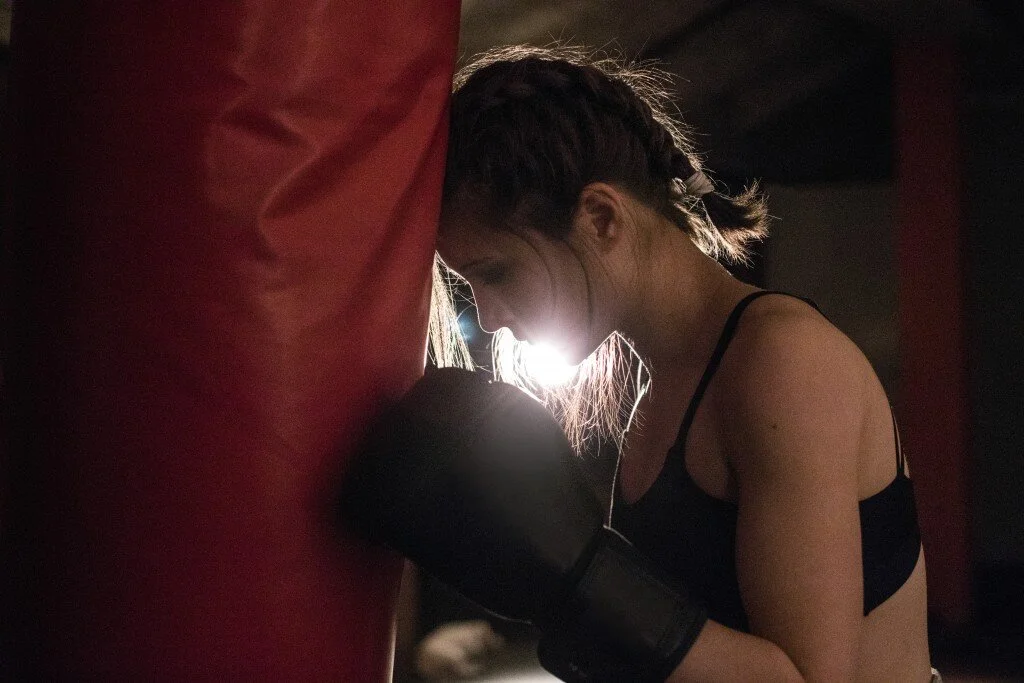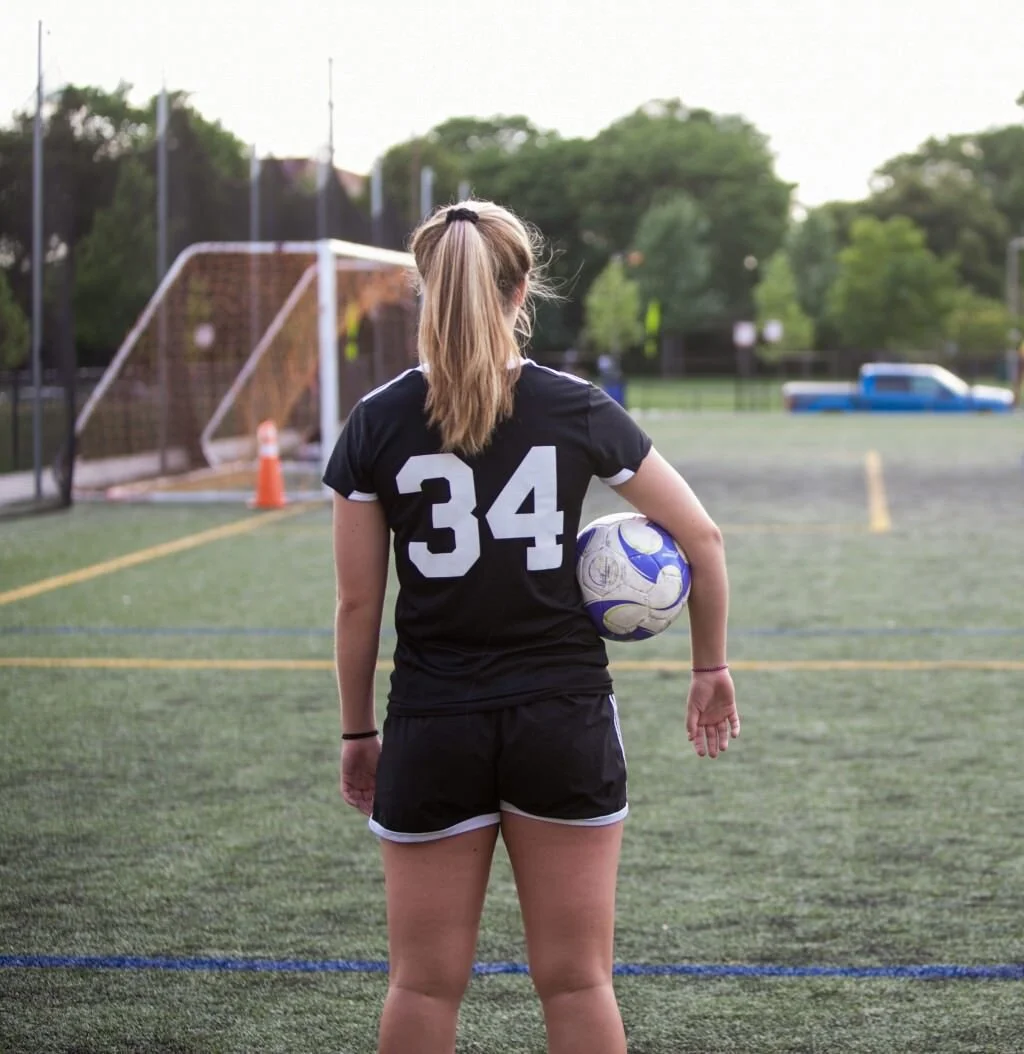Following their injuries, sidelined athletes go through a period of sadness, characterized by low energy, lack of motivation, inactivity, and withdrawal. This is a natural and necessary phase which sidelined athletes must go through in order to come to terms with the significance of their loss. The question then begs, what can one expect in this period? How long does this period last? Going through the Down Period blind and alone can further the athlete's depression.
Read MoreInsightful articles for helping permanently-sidelined athletes find a meaningful way forward.
Being forced to retire from competing in a sport that you love is objectively heartbreaking. You’re allowed (even encouraged) to let yourself feel every negative emotion that comes with grieving the loss of a really important aspect of your life and identity. What remains important throughout this process though, is that you treat yourself with kindness and patience. You owe it to yourself to alter any internal-dialogues which threaten to convince you that these circumstances are more disastrous than you are strong.
As we begin to analyze our internal dialogues, we should be wary of unhelpful thought patterns that have manifested themselves so deeply that they impact our entire perception of the world, our experiences, and ourselves. These thoughts are not reality-based and overtime they are reinforced, resulting in biases, irrational thoughts, and groundless beliefs.
Read MoreThe decision to recommend athlete retirement due to concerns for brain health is not one to be taken lightly. Several factors must be considered, as the removal from sport itself may lead to its own issues down the line, especially if the decision is made for the athlete instead of by or with the athlete. Most athletes, especially one-sport athletes or those playing at an elite level, identify themselves heavily with their sport. For this reason, forced retirement can have a significant impact on their overall wellbeing.
As outlined below, there are several factors to consider when discussing possible retirement from sport due to brain health concerns.
Read More


